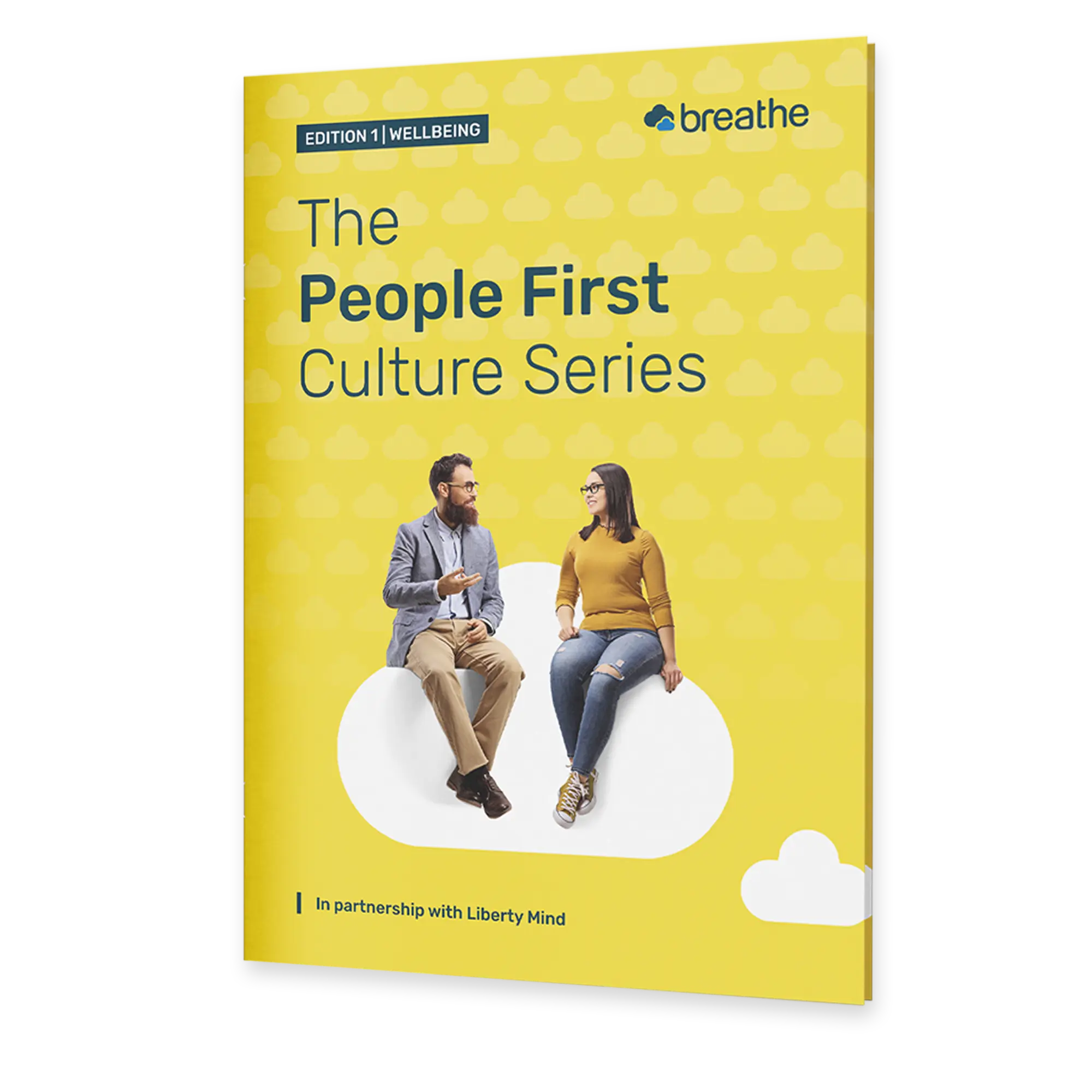Cultivating a culture that addresses current challenges
In this edition, we explore the key trends presented by the findings and delve into what the state of your company culture has to do with it all.
“Workplace wellbeing has too often been referred to as the fluffy stuff in company culture when in reality it takes shifting the ways you're working, which can be the hardest of them all. You have to transform outdated mindsets, and unlearn years of toxic workplace conditioning."
- Lizzie Benton, Company Culture Coach & Founder of Liberty Mind
Get all the insight and gain actionable tips on how to address the related challenges by downloading your copy today.


